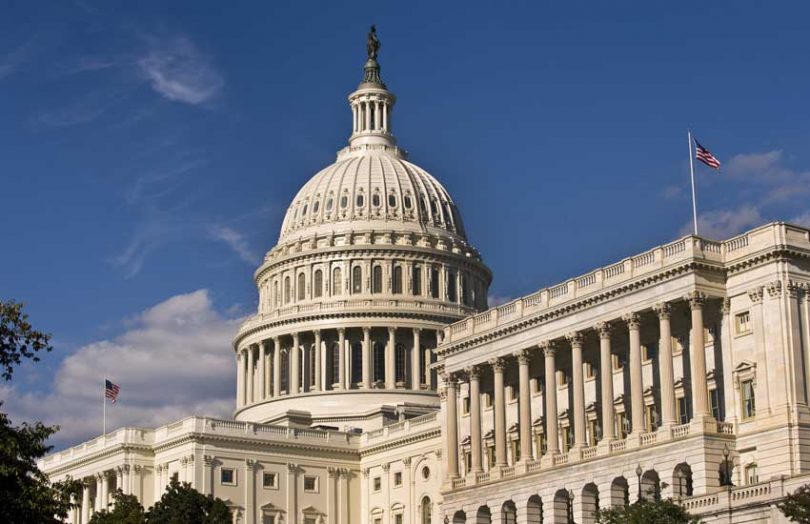Today the U.S. House Committee on Financial Services conducted a hearing about the President’s Working Group (PWG) Stablecoin Report published last year. Some of the Representatives had concerns that requiring issuers to be banks might curtail innovation and encourage stablecoin issuers to relocate abroad.
As context, the report made three key recommendations:
- To address run risks, all issuers should be insured depository institutions (IDI)
- To address payment system risks, federal regulators should have oversight over custodial wallet providers
- Issuers and wallet providers should have limited association with commercial entities to address systemic risks. And supervisors could enforce interoperability standards.
Nellie Liang, UnderSecretary at the U.S. Treasury, responded to concerns about requiring issuers to become banks. She clarified that not all issuers would be supervised as commercial banks. They could be state banks or custodial banks, and there could be significantly lighter touch oversight.
“A stablecoin issuer that only issues stablecoins for payments and did not make commercial loans like a commercial bank would be subject to a very different supervisory regime. There is a degree of flexibility within the proposal that we put forward,” said Liang.
Representative Barr asked why it isn’t sufficient to oversee the audits of a stablecoin’s backing assets. This should address the run risk without requiring the issuer to be a bank. Liang responded that disclosure or money market type regulations don’t address another risk – the risk to the payment system.
In answering a similar question, she noted that while holding Treasuries as backing assets might present zero credit risk, there is liquidity risk. In other words, if the were suddenly large volumes of redemptions, it might be tricky to liquidate the Treasuries instantly.
Pushback over requiring federal oversight
Republican Representatives McHenry and Wagner stressed their belief that the existing experience of state regulators in overseeing stablecoins should be taken into account, and potentially leveraged instead.
Liang responded that issuers and custodial wallet providers have separate supervision, and there’s a lack of oversight over the entire arrangement as a payment system resulting in risks. She also noted that laws vary between states, increasing complexity, which hinders innovation. So instead, they potentially can build on state money transmitter laws without the inconsistency.
What’s the SEC’s role?
There were several attempts to draw Liang into discussions about stablecoins used as investment vehicles, but she reiterated that the stablecoin report only explored payment tokens. Hence when Representative Huizenga quizzed her about the SEC’s role in the PWG, she said she’d need to defer to the SEC. However, she added, “its authorities are for market integrity, investor protection relating to the redemption and creation of stablecoins, not for their use as payment instrument.”
The winner of best soundbite goes to Representative Cleaver. He said he was suffering from “ponzi paranoia”. He’s concerned about a Bernie Madoff-style situation. “All you need is a constant flow of new money to thrive,” he said.
Liang agreed with his concerns. “New developing technologies, a rapidly growing market, with an unclear, inconsistent regulatory framework is not appropriate.”







